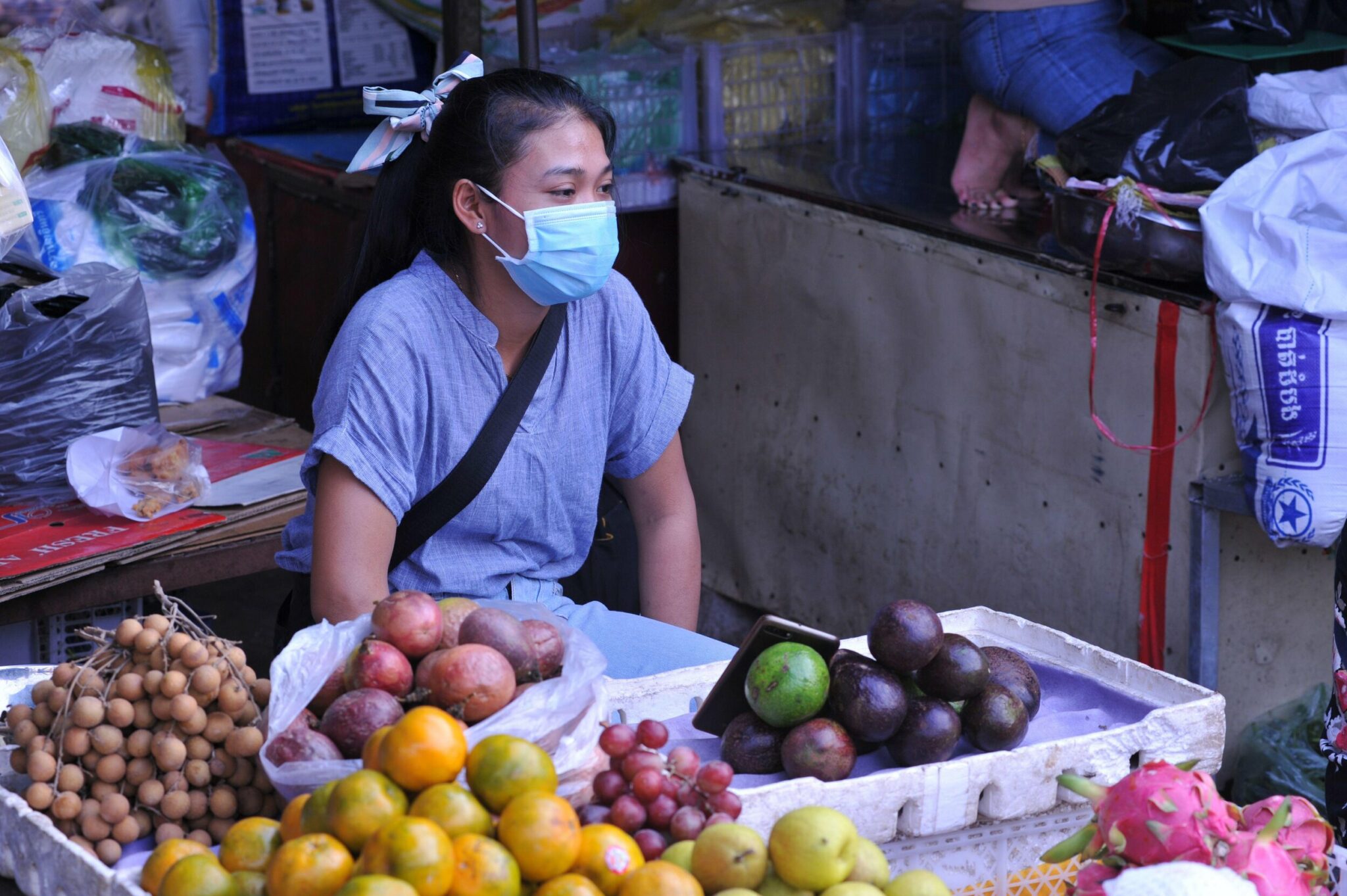As the COVID-19 pandemic sweeps across the globe, dozens of countries have imposed strict lockdown measures with significant impacts across global food systems. Millions, if not billions, of people suddenly find themselves food insecure. Marginalized communities are more vulnerable than ever.
COVID-19 and Food Security
The FAO has raised concerns about the high number of vulnerable countries that were already “grappling with hunger/hit by other crises.” These “pre-existing conditions” have turned critical: many farmers do not have access to markets, food prices are inflated, consumers have lost income, and school feeding programs have been temporarily shut down. At the same time, frontline communities have shown enormous creativity in rapidly implementing mutual aid programs and advocating for public emergency programs and stimulus packages to truly resolve vulnerable populations’ food needs.
Role of Philanthropy
The scale of the crisis and the number of under-funded creative community responses are staggering — far beyond the capability of philanthropy to respond. To avoid being a proverbial drop in the bucket, we must do a lot with a little. Just as we fund critical emergency responses, we must support grassroots advocacy ensuring that public emergency and stimulus funds are deployed equitably, in a way that protects basic human rights.
The Agroecology Fund Response
Across five continents, Agroecology Fund partners and their allies are on the leading edge of humanitarian response to this crisis, just as they look for opportunities to reshape food systems for the longer term. Agroecology is central to building the healthy and resilient food systems we urgently need in the face of increasing global uncertainty. Remember, prior to this crisis, climate change was already pointing us towards relocalized food systems that work with, rather than against nature .
The Agroecology Fund will:
(i) offer emergency grants for humanitarian efforts that strengthen community-based, agroecological food systems and advocacy which holds governments accountable;
(ii) implement a communications campaign to support dissemination of stories of solidarity and resilience that elevate agroecology as a key solution to food security;
iii) convene a global learning process with key actors in the agroecology movement about how to adapt to the current and evolving situation over the longer term.
Our emergency grants will focus:
- On places where there are established and emerging solidarity networks, to ease the humanitarian crisis by facilitating delivery of food from rural producers (who may have lost markets) to urban consumers (who may have lost employment), especially to the most vulnerable populations.
- On reviving markets by strengthening community-based food systems that connect agroecological producers and urban consumers. In some cases, this can be done simply, by resolving logistical barriers such as food transport.
- On strengthening agroecological farmers’ food production by, for example, supporting expansion of seed production in response to greater demand.
- On supporting urban agriculture to localize food security.
- On advocacy to protect basic human rights in the face of government lockdowns.
- On advocacy to ensure government accountability to the needs of small farmers and vulnerable consumers in public aid and stimulus packages.
NOTE: Nominations will be sought from donors, advisors, long-term partners and Agroecology Fund staff. This is not an open call for proposals. Later in the spring, longer-term grants to meet ongoing, pressing needs and to take advantage of new opportunities to relocalize food systems along agroecological principles will complement these emergency grants.
The Agroecology Fund has launched this fund with $400,000 of seed funding. Would you consider joining this funding pool to extend support to urgent community-led efforts?
For more information about how to contribute, please contact daniel@agroecologyfund.org.
